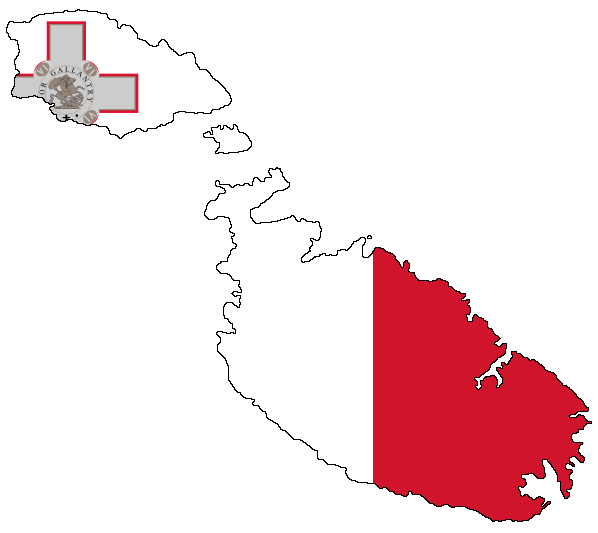Introduction
Espionage and spying have existed for centuries, and it continues to be a significant threat to national security and the corporate sector. In recent years, accusations regarding spying by governments and corporations have increased tensions between countries and raised concerns about privacy and security. In this article, we will discuss recent events regarding spying and espionage and its impact on international relations, the corporate sector, and privacy.
Accusation of spying by governments
Accusations of spying have become increasingly common among governments, particularly between competing nations. These accusations can range from the theft of state secrets to more complex allegations involving the use of technology and cyber espionage. For instance, the United States has accused China of conducting large-scale spying activities using technology in recent years, causing tensions between the two countries. Additionally, Russia is also known for conducting covert spying operations in other countries, including the United States.
The motives behind these accusations can include concerns about national security, economic interests, and political agendas. Governments often resort to spying on other countries to gain a strategic advantage in military, economic, or political matters. These allegations can also serve as a tool for governments to deflect attention from internal problems or to rally citizens around the government.
The accusations of spying by one government on another can have significant implications on the relationship between countries. Diplomatic ties between countries can become strained, and sanctions against a specific country can be imposed. Moreover, trust between countries may be eroded, making mutual cooperation more difficult.
Spying In Corporate Sector
Corporate espionage is a major concern for many companies, particularly for those engaged in research and development. Competitors may try to steal trade secrets to gain a competitive edge or to develop new technologies. Examples of such corporate espionage include the case of Uber versus Waymo, where Uber was sued for using autonomous vehicle technology stolen from Waymo.
Countermeasures against corporate espionage include strict access controls to important company data, monitoring systems, training employees to identify suspicious activity, and developing robust supply chains. Companies also consider legal actions to safeguard their intellectual property when necessary.
Tools and techniques used for spying
The development of technology has revolutionized the world of espionage. The most common tool used for espionage is surveillance, which can be physical or electronic. Physical surveillance includes techniques such as following a target or hiding a camera in a specific location. Electronic surveillance includes hacking into computer systems or remotely accessing devices, such as smartphones or other internet-connected devices.
Advanced data analytics, artificial intelligence, and other technologies can be employed to sift through massive amounts of data, identify critical information, and draw inferences to predict future events.
The impact of social media on spying
Social media has become another significant tool in the world of espionage. Social media platforms and online forums provide a wealth of information that can be used to gather intelligence, including information about individuals, key events, and trends. Spy agencies may create fake profiles to gather specific information and keep track of key players in target countries.
Privacy is a significant concern due to the rise of social media spying. Social media platforms have access to vast amounts of personal data, which can be used to create profiles of individuals. This information can be used to influence political, economic, and strategic interests of various countries.
Legal implications of spying
International laws governing espionage are complicated and vary across countries. However, most countries prohibit unauthorized access to sensitive information and collection of information from foreign countries without permission. Most countries require authorization for all spying or espionage activities, and failure to follow these laws could lead to criminal charges.
Recent lawsuits and judgements have highlighted the increasing importance of regulating espionage and spying activities in the digital age. Violation of laws in the digital age can be difficult to prosecute due to the global connectivity and the potential involvement of multiple countries. The role of international bodies such as the United Nations in regulating espionage activities is vital in ensuring the safety and security of nations.
Conclusion
Espionage and spying are serious threats to privacy, security, and economic interests of nations. The recent events have highlighted the need for strict regulations governing the activities of spy agencies and corporations. Additionally, the role of technology has significantly changed the nature of espionage and its impact on privacy. It is essential to balance the need for gathering intelligence with the protection of privacy and security of individuals and nations. The regulations must reflect the changing nature of the technology and the evolving methods of spying to ensure the continued safety of citizens and international cooperation among nations.
FAQs:
Q: What is espionage?
A: It refers to the act of spying or collecting classified information.
Q: What is the impact of corporate espionage?
A: Corporate espionage can undermine the competitiveness and innovation of companies and lead to economic inefficiencies.
Q: Can social media spying lead to privacy concerns?
A: Social media spying can create privacy concerns as information about individuals is collected and exploited for various interests.
Q: What are the legal implications of espionage?
A: Violations of espionage laws can lead to criminal charges, lawsuits, and international tensions between countries.
Q: What can be done to prevent spying?
A: Measures such as proper access controls, surveillance, monitoring systems, and training employees to identify suspicious activity can help prevent spying.










